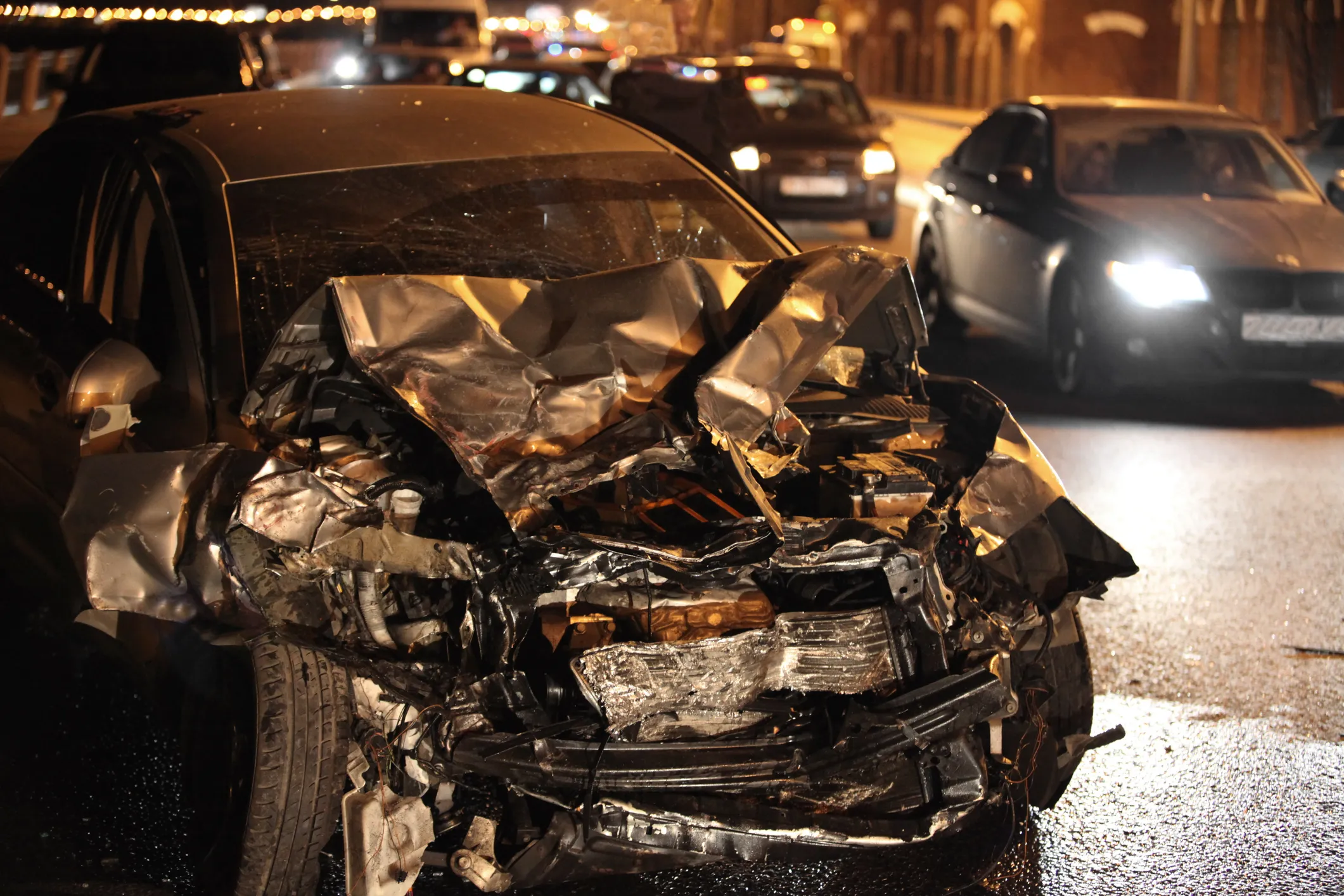Why do so many fatal car crashes happen at night?
Car Accident - November 30, 2023 by Horwitz, Horwitz & Associates
The answer is less obvious than you may think
A car accident that ends in death leads families to search for answers as to why it happened. While there is a wide range of causes for crashes, those that occur at night have many of the same contributing factors. These elements make an accident more likely and mean that more of them end in death.
So, why do so many fatal crashes happen at night? What should the surviving family members do to seek answers? A Chicago car accident lawyer from Horwitz, Horwitz & Associates explains what you need to know.
What percentage of fatal car crashes occur at night?
The National Highway Traffic Safety Administration (NHTSA) collects data on all accidents and their contributing factors throughout the United States. NHTSA reports tell us what percent of fatal accidents happen after dark. For the most recent reporting year, 29% of the over 5 million accidents occurred during nighttime, and almost half (49%) were fatal.
The number one element common to all fatal crashes at night is the lack of visibility. Humans depend on their keen eyesight to detect dangerous situations and react, but when driving in unlit or poorly lighted areas, this dependency becomes a problem. The NHTSA fatal accident report showed almost 2,500 more deadly crashes when lighting is insufficient or non-existent.
When Daylight Saving Time ends each year, drivers spend more time behind the wheel in the dark. This is just one reason why accidents in general and fatal crashes are more prevalent during the fall and winter months.
What factors increase the car crash risk at night?
Although most people drive during the daytime, millions work at night. Retail, grocery, food service, and manufacturing employees are frequently on the road home from their jobs well after the sun has gone down or even into the wee hours of the morning.
In addition to poor lighting, many factors make it more likely you could suffer a fatal car accident at night vs. the day, including the following.
Alcohol and drugs
Many people go out to bars, parties, concerts, and other occasions where they imbibe alcohol or partake in drug use. Even if a substance is legal or medically prescribed, it can affect your ability to operate a vehicle safely.
Animals
Many animals are more active at night, and some, like deer and elk, can severely damage a vehicle. Many occupants are severely injured or killed because they couldn’t avoid hitting an animal that ran into the road.
Distractions
Drivers who take their eyes off the road for a few seconds to check their GPS or change music can travel as far as a football field at 55mph. That’s enough time to hit another vehicle, a person, or other danger, especially at night.
Drowsiness
Driving at night can cause a fatal accident after a long day at work. Most drivers work during the day and automatically get sleepy trying to drive at night. Drowsy or fatigued driving is nearly as dangerous as driving drunk.
Speeding or aggressive driving
Whether from a desire to get to their destination quickly, the influence of alcohol, or anger from work, those who speed and drive aggressively are more likely to cause a fatal accident at night.
Vision issues
Older drivers may have astigmatism, cataracts, or glaucoma. Glasses or contacts could cause glare from headlights, streetlights, and roads that are slick with rain for drivers of any age. A dirty windshield can make it hard to see objects, animals, or people until it’s too late.
Weather
A night is dangerous enough, but when you add rain, sleet, snow, fog, and other weather conditions, the chance of a fatal car accident at night increases.
Getting experienced legal help after a fatal collision
When you’ve lost a loved one to a deadly accident, you are forced into a world of grief and confusion. You may feel someone is to blame but cannot take the time and energy needed to investigate. In addition, you may be unfamiliar with the laws surrounding personal injury matters such as car accidents and wrongful death.
You don’t have much time to find out who is at fault and hold them accountable. The Illinois statute of limitations only allows two years from the date of an accident or death to file a lawsuit. Otherwise, you could lose your ability to seek justice and compensation.
At Horwitz, Horwitz & Associates, we won’t let that happen. Contact us at (800) 985-1819 or through our contact form for a free initial consultation with a Chicago car accident attorney to discuss your legal options today.



